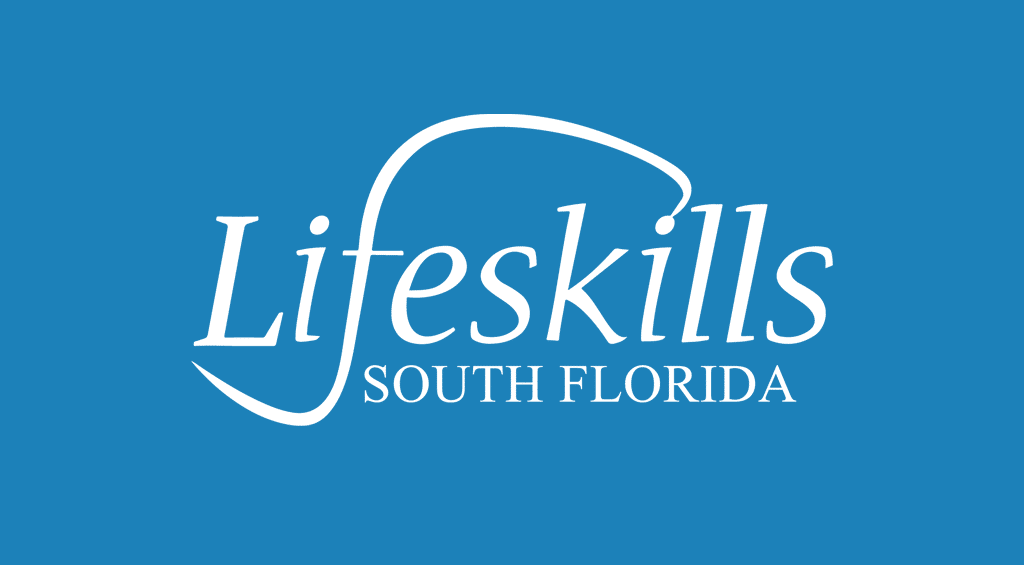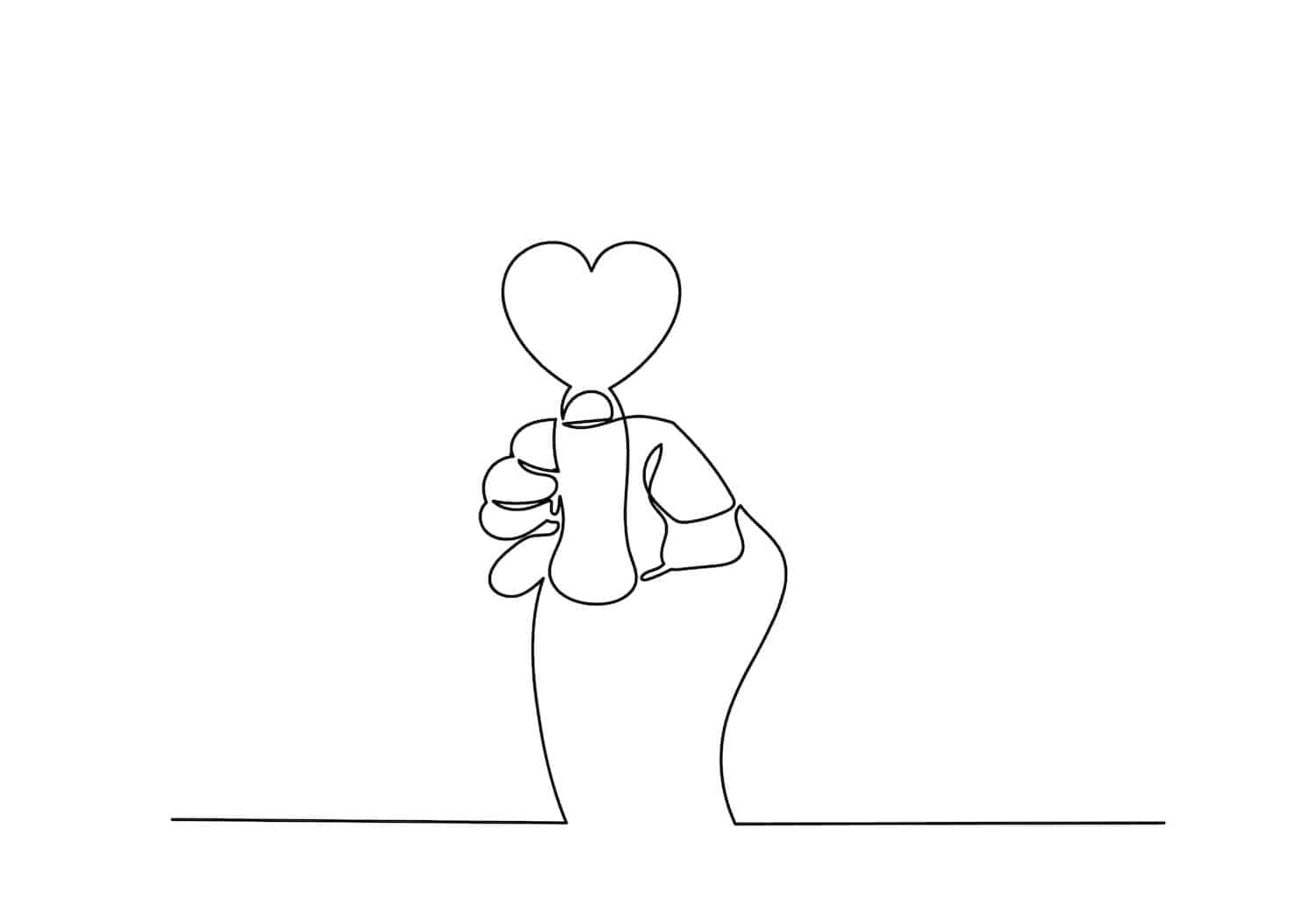
Suffering from a psychiatric or substance use disorder is difficult for everyone; however, when a loved one is suffering and does not want help, it can leave the family confused and helpless. Shame, denial, and disapproval can worsen the situation and make it difficult for a person to reach out for treatment. Regardless of the reason, the family will often feel overwhelmed and at times powerless to help. A supportive family is vital to recovery and decreases the damage a mental illness or addiction can have on a loved one’s life.
Below are some ways you as a family member can help your loved one move forward with seeking treatment.
- Remember that they need to accept there is a problem. You can lay the groundwork through discussions, listening, setting boundaries, and giving information, but they will need to accept they have a problem. Voice your concern with compassion, and recognize you are not responsible for their health and happiness. Sara Acre, Director of Family Services at Lifeskills South Florida discusses in more detail through the Transtheoretical Model of Change. This model identifies five stages a person goes through during change, beginning with pre-contemplation, during which time they are not even aware there is a problem. The following four stages take the person through the process of contemplating the possibility of a problem (contemplation), accepting that they need help (preparation), taking steps toward change (action) and ultimately working on a long-term transformation (maintenance). It is important to remember that loved ones can flow back and forth through these stages. Sara believes people need two things to change, internal motivation and a reason to change. However as difficult as it is, families who do not allow loved ones to experience natural consequences inevitably prolong or maintain the problem, despite the intent of helping. Allowing consequences to happen naturally can help them recognize the need for treatment.
- Learn as much as possible about the disorder. Understanding the truth, and not myths about the disorder will help you to understand the illness and the recovery route. Inform yourself as much as possible about the illness your loved one is facing. It is also an ideal place to find others with similar struggles.
- Start a dialogue. If your loved one does not agree they have a problem, talk about it and ask them why. Listen without judgment and a power struggle. Building trust and rapport is important to help them become willing to seek help.
- Evaluate if you are the best person to talk to your loved one. Be honest with yourself. If conversations end in anger, another person may be able to communicate more easily. It is challenging to watch a loved one struggle with a mental illness or addiction. Family members can fall into a pattern of unhealthy responses, including giving financial support, helping to pay debts caused by the problem, provide room and board where they continue in active addiction, and sometimes even allowing them to go without treatment or medication for their illness. It is important for you to be able to recognize enabling behaviors within yourself and get the help you need while allowing someone else to step in.
- Seek support for yourself. Dealing with a loved one who is suffering from a mental illness is stressful and can present conflicting feelings. Seeking outside counsel provides an opportunity to discuss frustrations without hurt or fear. A therapist can offer clarity, objectivity, and solutions not previously seen. As a family member, the healthier you are, the better equipped you are to handle demanding situations.
When a loved one admits into a residential program, there is often a “honeymoon” period during at which time the person in treatment finds many positive aspects of the program and is cooperative with the treatment structure. Often, this time fades as early as 1-2 weeks and can even happen within 30 days. The Lifeskills South Florida Family Program begins working with families immediately upon admission to understand this process and learn how to respond to it. The family therapist will coach loved ones through the conversations and situations where resistance begins.
Families are immediately referred to the Family Alliance Group which is a confidential telephonic support group for families involved in the Lifeskills system of care. When attending this support group, families will have an opportunity to hear from employees of Lifeskills who join as guest speakers to discuss topics such as trauma, addiction, mental illness, and different evidenced-based treatment modalities. Weekly family sessions begin to take place after completing a comprehensive family assessment, identifying areas for the therapist to work with the family.
Using a multidisciplinary treatment model, families who have a loved one at Lifeskills have access to and are encouraged to have open communication with various treatment team members. It is common for families to have conference calls and meetings with the members of clinical management, finance, medical, residential and case management, all who provide different perspectives, solutions, and support.
As one of the most distinguished addiction treatment centers in the South Florida area, Lifeskills South Florida is accredited to effectively treat dual diagnosis. We currently offer treatment services in both residential and outpatient settings and offer a clinical track for addiction. To learn more about the enrollment process, please contact us.




